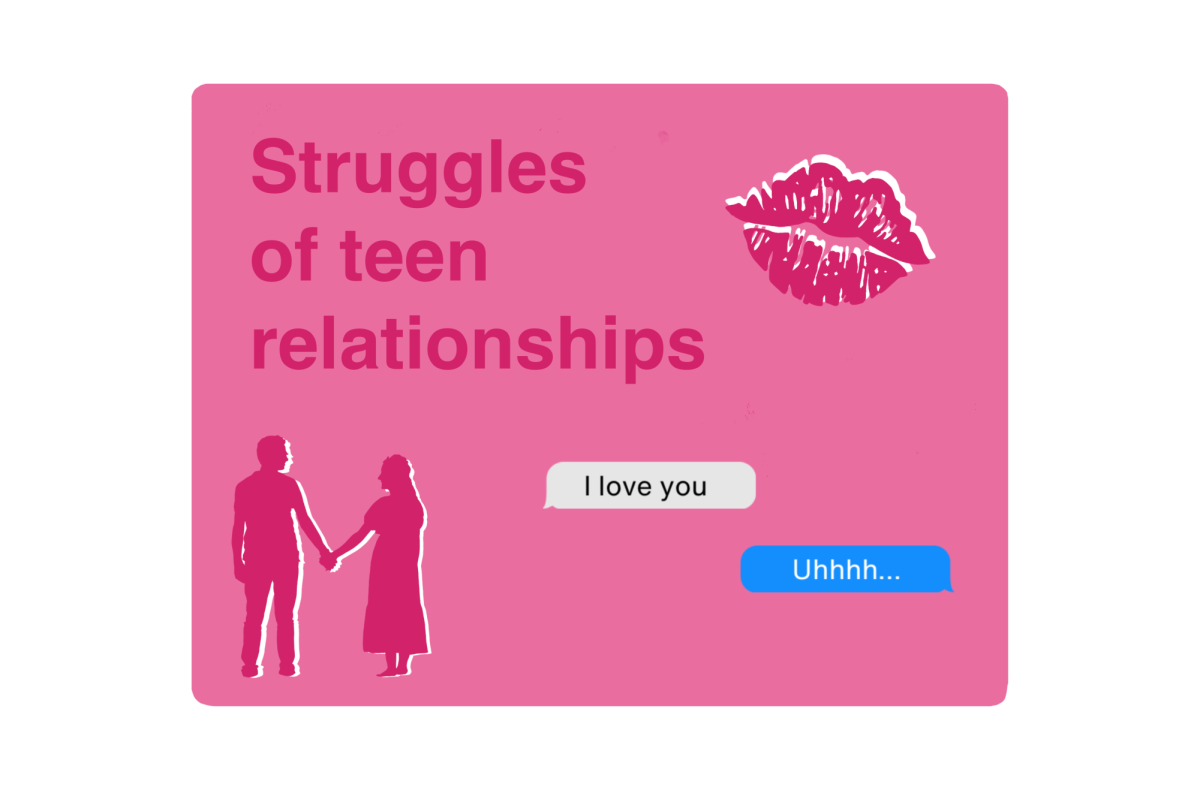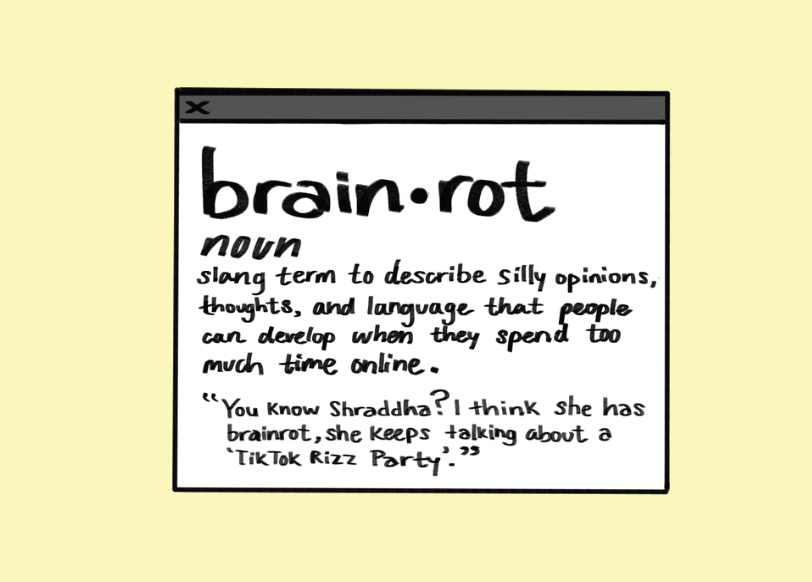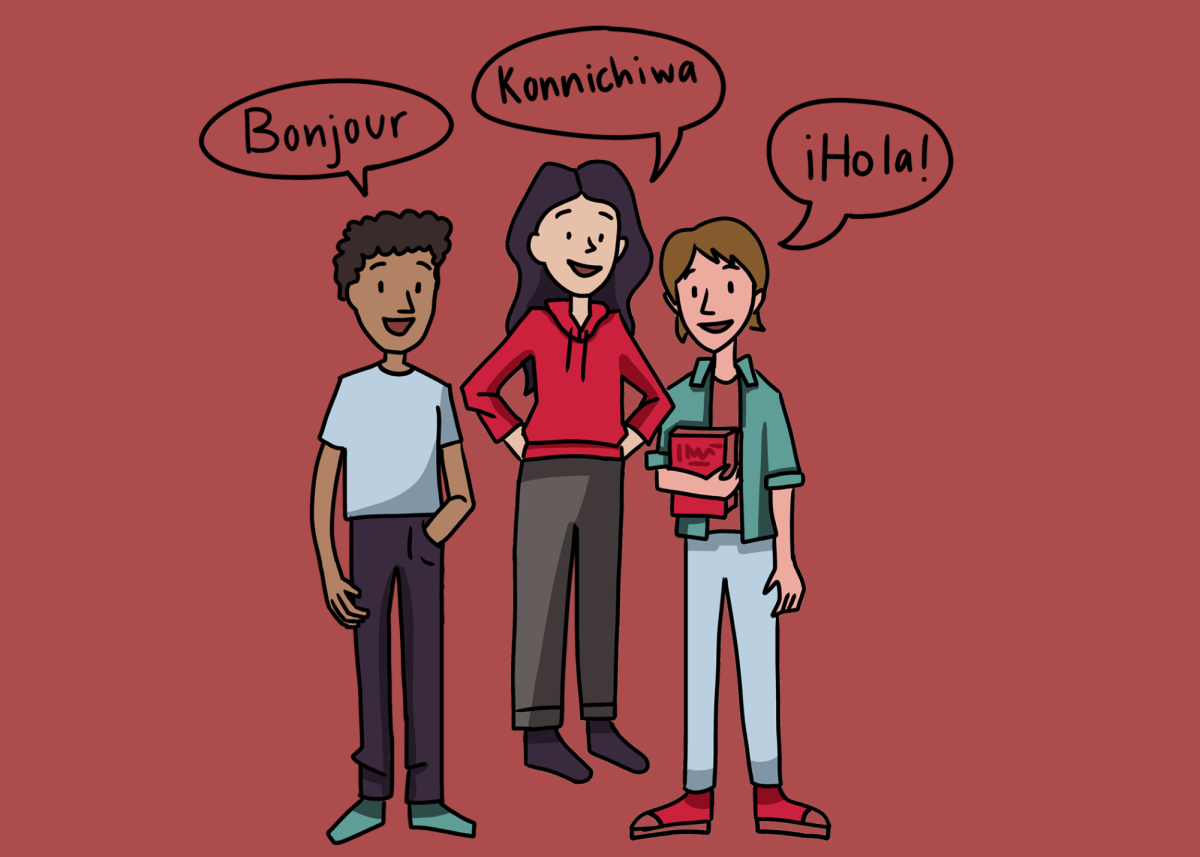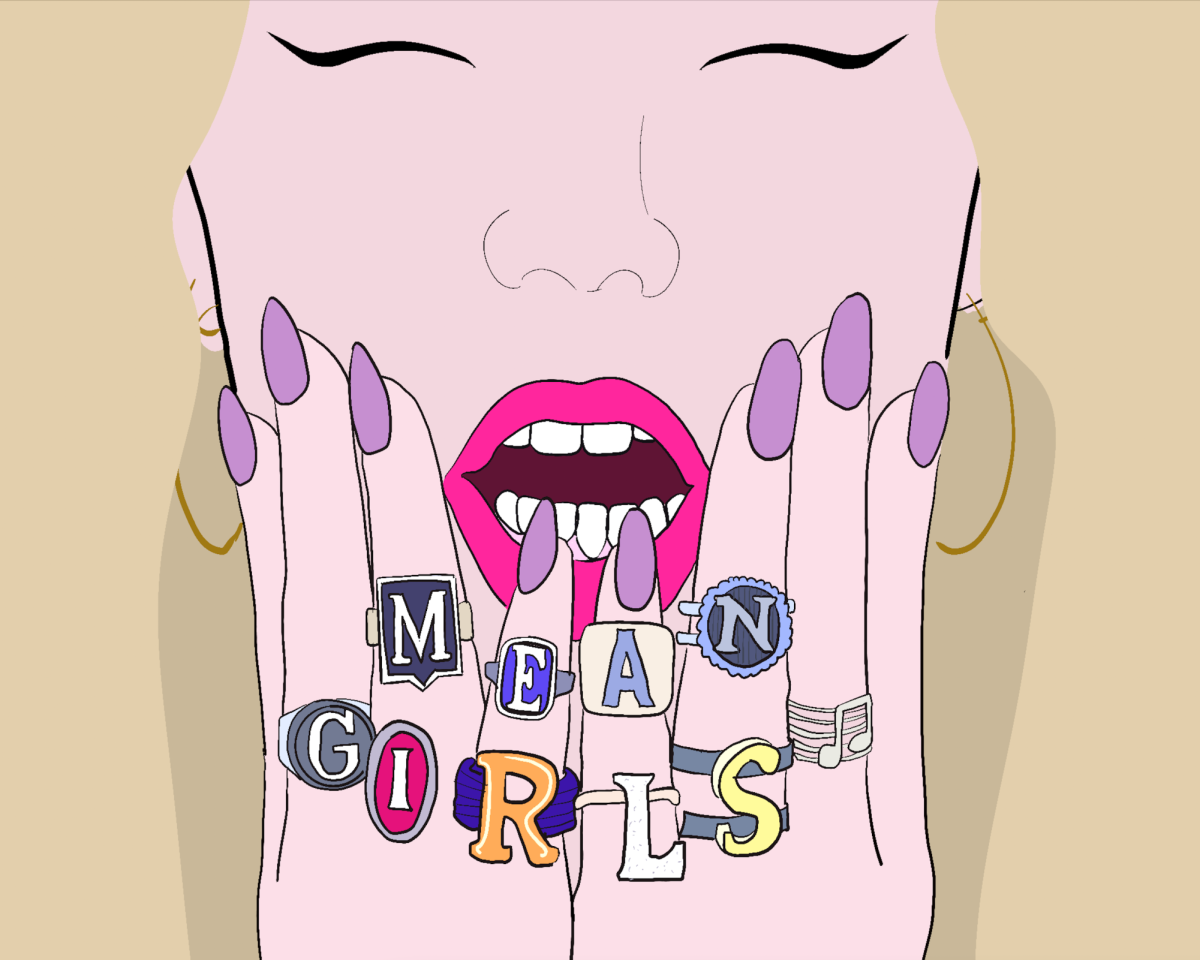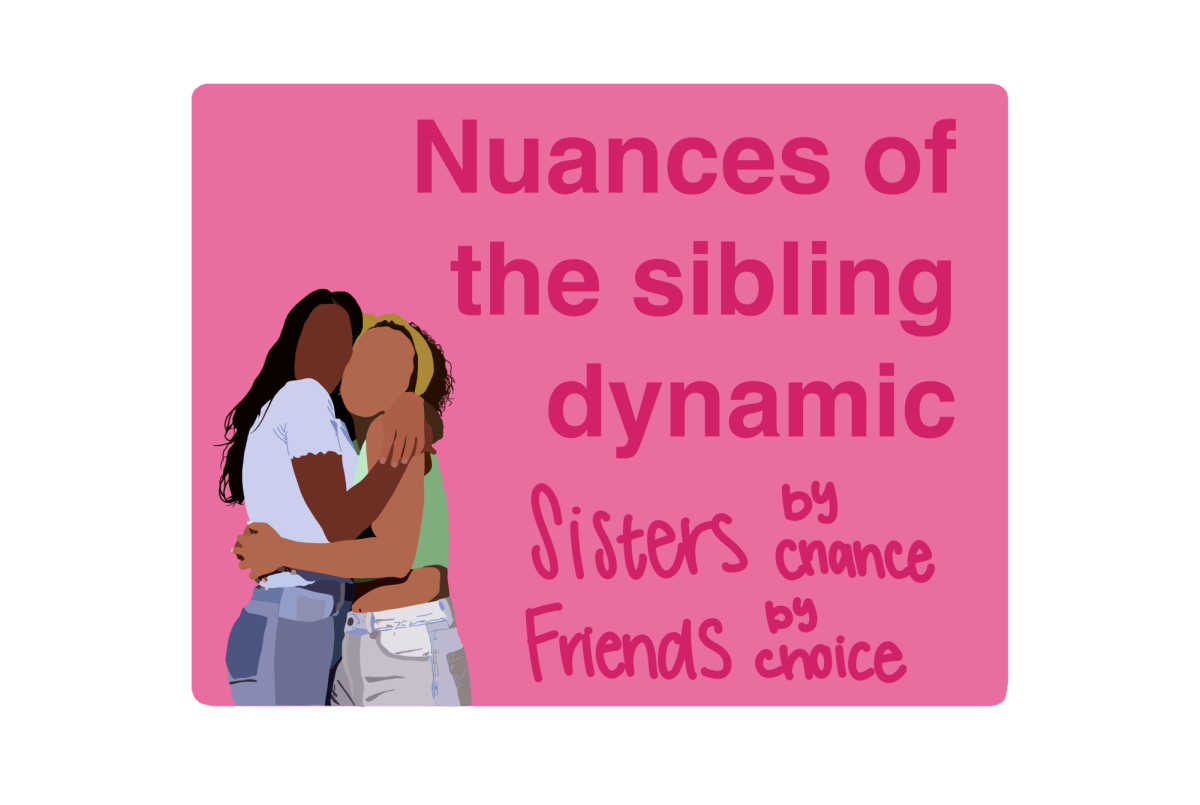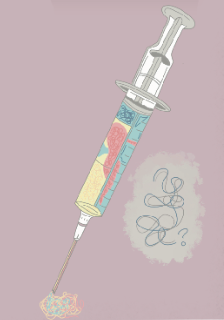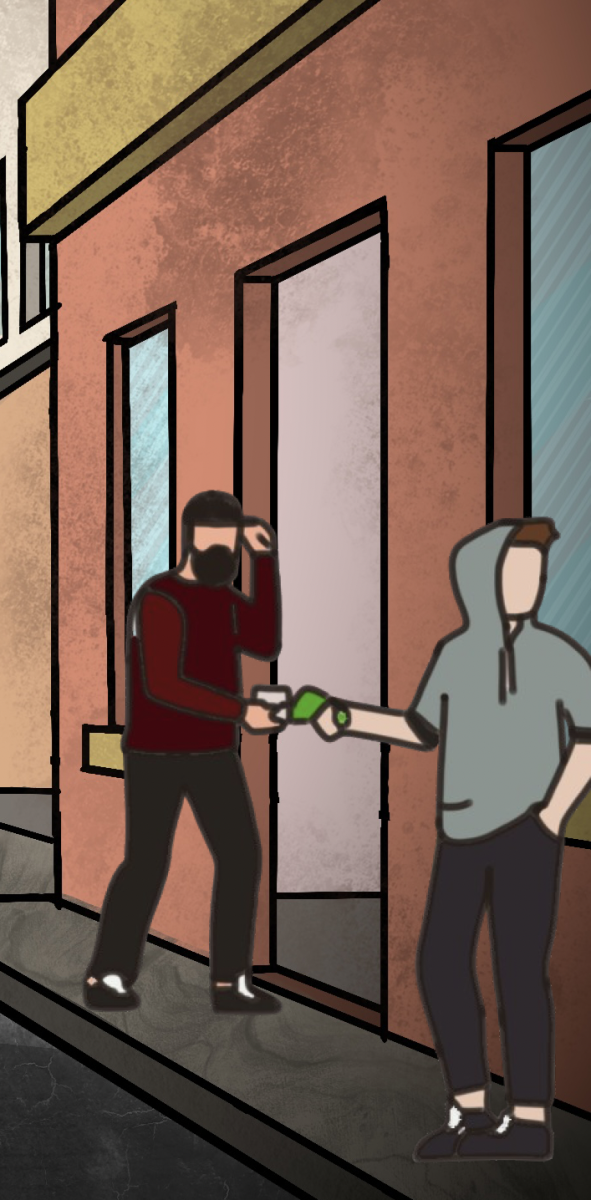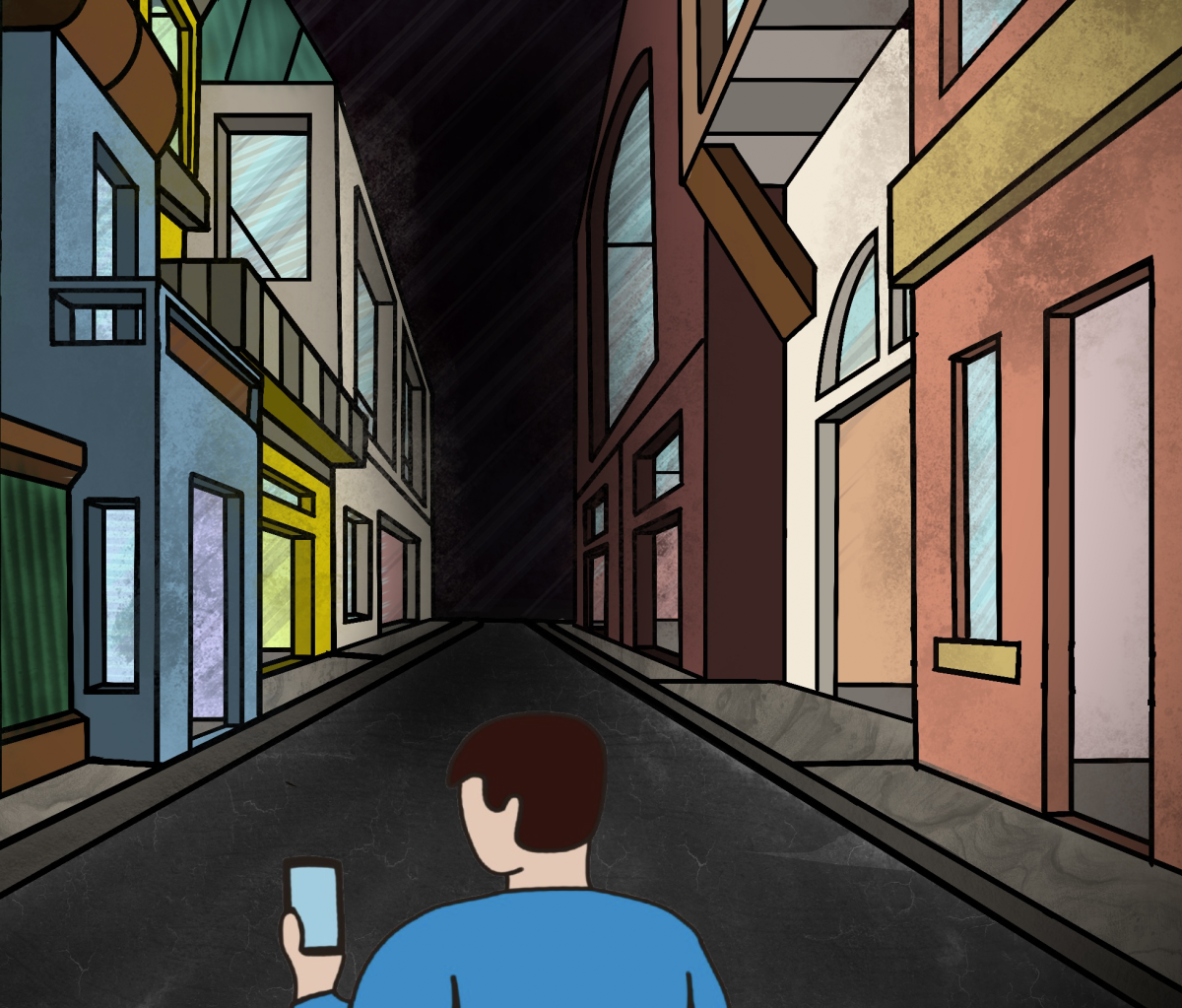Dating in high school can be exciting but also cause problems due to rumors and social pressure. In some cases, relationships can provide a better social life and give teens more experience with social connections. However, both relationships and potential relationships, such as “situationships” and “talking stages,” can cause stress and confusion.
The “talking stage” is the period of time experienced before beginning an official relationship, where two people are more than just friends, but not quite a couple. While talking stages can last a long time, they typically last between two weeks and two months. The talking stage can sometimes be very discouraging: one person may treat it as a relationship while not acknowledging their attraction or being willing to make it official. Sometimes, an individual is reluctant to make a relationship official in order to keep their options open.
A “situationship” often goes hand in hand with the talking stage, defined as a less formal relationship. This can mean having no labels, being friends with benefits or a number of other things. This is a much more casual version of a relationship, usually with exclusivity but not requiring as much commitment as a full-fledged partner.
Casual versions of relationships often happen in high school due to fear of rejection and heartbreak, or just general anxiety surrounding love. Many relationships go through obstacles that take time and energy, and while relationships can create long-lasting memories and connections, they can also become a stressful experience that takes away from the energy put into school and friendships. Due to common high school experiences, such as rumors and unhealthy social media usage, unnecessary anxiety and drama are added to relationships, causing them to become overcomplicated or fail. These obstacles are more common in teenage relationships due to high school maturity levels.
While these stressors are difficult to get over, they can force people to develop new communication skills that would not be gained otherwise. Difficult situations, such as complicated relationships, lead young people to learn the importance of communication and how to approach it.
For some couples, even if their relationship is extremely healthy and does not have obstacles, it may end for a number of reasons. Sometimes the ending of a relationship is inevitable or abrupt. Regardless of the circumstances, it is a difficult process to get through, requiring time and energy. Teens are at the age where everyone’s opinion matters and their main focus is school and friends, and a breakup can be detrimental to their physical and mental health. This is the depression stage of grief and, while it seems dramatic, it is a crucial step to getting over a breakup. The time a person takes to get over a breakup can be anywhere between a few days to multiple years, but the mindset of modern, overstimulated teens can make the experience more impactful and the grieving process much longer.


